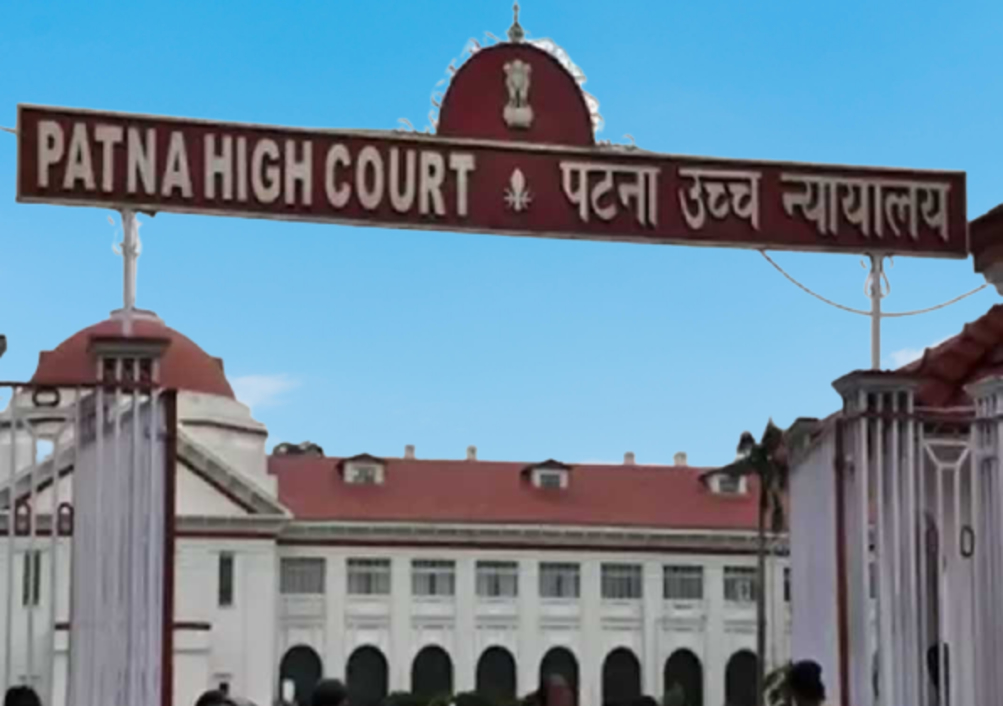Patna HC quashes death sentence in gang rape case; says mere confessional statement is inadmissible in view of contradictions in evidence collected

Read Judgment: The State of Bihar & Ors. vs. Balwant Singh & Ors.
Pankaj Bajpai
Patna, July 28, 2021: Rejecting the reference made by the trial court for confirmation of death sentence, the Patna High Court has set aside the judgment of conviction of two men and acquitted them of the charges against them, saying the prosecution has failed to prove the charges u/s 302 of the IPC beyond the shadow of reasonable doubt.
Noticing glaring inconsistencies in the evidence of witnesses examined during the trial of Balwant Singh and Anant Pandey, and the contradictions taken from the investigating officer (IO), a Division Bench of Justice Ashwani Kumar Singh and Justice Arvind Srivastava observed that the investigation was carried out in a casual manner and the IO did not inspect the place where the victim was allegedly gang raped and killed.
The Trial Court erroneously relied upon the confession made by the accused Balwant Singh for arriving at a conclusion of guilt against the appellants, noted the Bench.
As per Section 25 & 26 of Indian Evidence Act, when an accused makes a confession to a police officer or an accused makes confession while he is in custody, such a confession cannot be proved in evidence against him unless it is made in the immediate presence of a Magistrate.
The Bench quoted these provisions of the Evidence Act to highlight that the purpose of the same is to do away with the torture of the accused and use of force against him by the police.
The FIR giving rise to the sessions trial and the death sentence was registered on the basis of the written report of one Sheo Raj Rai who informed about the abduction of his minor daughter, aged about 16 years, by three boys. He stated that since the prestige of the family was involved, he did not inform the police earlier, but when all his efforts to trace the victim failed, he lodged the report with the police. After completion of investigation, charges were framed u/s 376-D, 302, 376-A of the IPC and u/s 4 of the POCSO Act.
However, the investigating officer submitted the supplementary charge-sheet against accused Chhotu Mahto and Anant Pandey for the offences under which the FIR was registered and kept the investigation pending against the other accused persons.
“The withholdment of the inquest report, non-examination of the Chowkidar and Dafadar and the withholdment of the alleged confessional statement of the appellant Balwant Singh apparently shows that after recovery of the dead body of the victim, the police recorded the confession of the appellant Balwant Singh. Hence, it is not a case of confession leading to recovery and possibly that is the reason that the police never bothered to inspect the marriage hall at Semra, which was the place where the occurrence of murder and gang rape allegedly took place,” found the Bench.
The High Court noted that if the appellant Balwant Singh had given his statement, which led to recovery of the body of the deceased, that statement should not have been suppressed by the prosecution.
Further, the report of the vaginal swab, which was necessary to ascertain if the deceased was subjected to rape, was not brought on record. In the absence of any witness to the incident of rape and in the absence of any corroborative medical evidence, by no stretch of imagination it can be said that the prosecution has been able to prove the charge u/s 376-D of the IPC beyond shadow of reasonable doubt, added the High Court.
Hence, the High Court awarded acquittal of the appellants from death row for failure of the IO to inspect the crime scene and “miserable” failure of the prosecution to prove their case beyond reasonable doubt.
Sign up for our weekly newsletter to stay up to date on our product, events featured blog, special offer and all of the exciting things that take place here at Legitquest.




Add a Comment